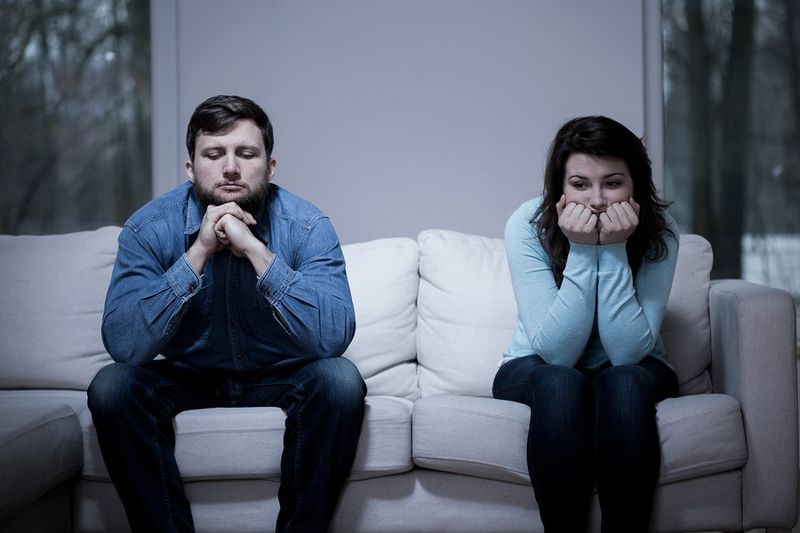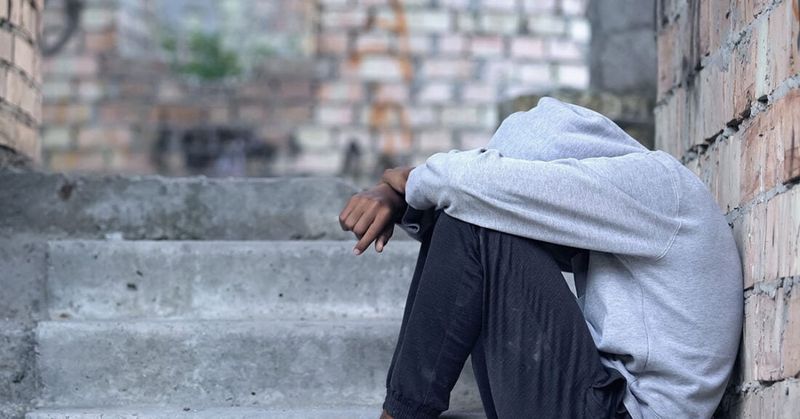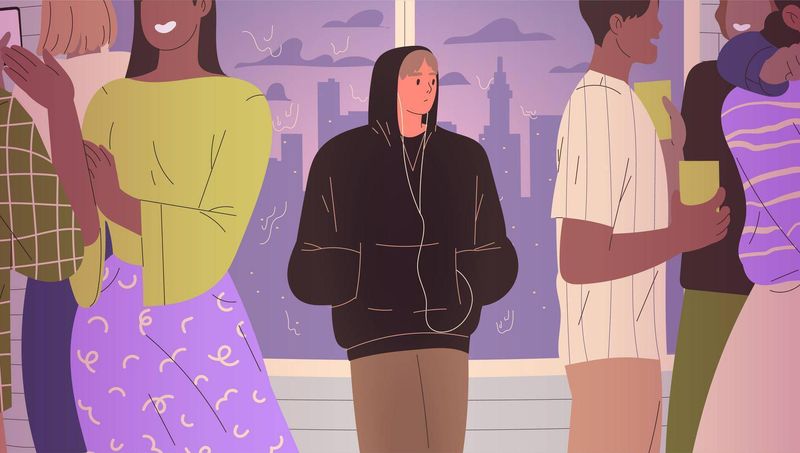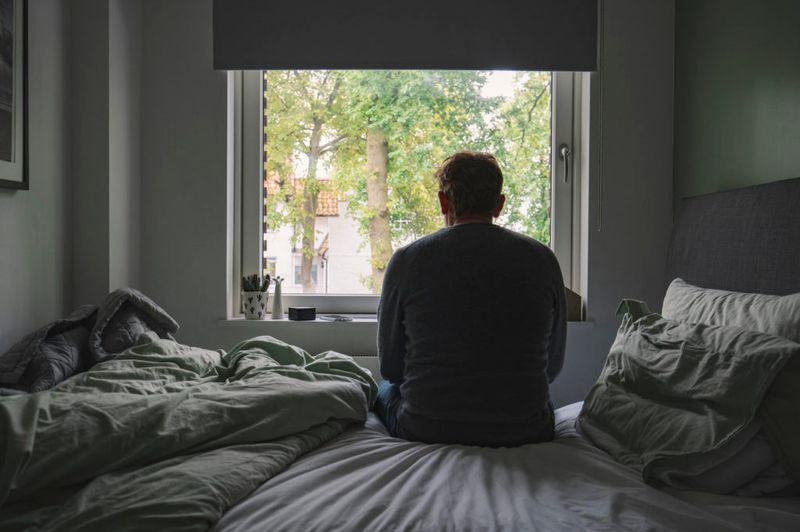16 Reasons Gen Z and Millennial Men in the U.S. Are Among the Loneliest in the Western World
Let’s talk about something that too often hides behind sarcasm, stoicism, and scroll fatigue: loneliness. Real, aching, “I don’t know who to call” loneliness.
And while it affects people across all walks of life, Gen Z and Millennial men in the U.S. are facing a uniquely painful version of it—one that doesn’t always make headlines, but is quietly shaping a generation.
They were raised with changing expectations, mixed messages about masculinity, crumbling community structures, and a digital world that offers connection—but often delivers isolation.
It’s a storm of confusion, pressure, and heartache that leaves many guys feeling both invisible and exposed at the same time.
So let’s break the silence and get real about what’s going on. Here are 16 honest, human reasons why so many young men today are among the loneliest in the Western world.
1. They Were Taught That Vulnerability = Weakness

“Man up.” “Don’t cry.” “Handle it yourself.” These were the rules handed out like candy, and boys took them to heart. Vulnerability got pushed way, way down, replaced by bravado or silence.
The real twist? Underneath it all, these men long for permission to actually feel—the whole messy spectrum of emotions. Instead, they’re left with a toolkit built for bottling things up, not letting them out. That kind of emotional constipation turns every struggle into a private battle.
So, when life gets rough, opening up feels like a tightrope walk with no safety net. It’s not about lacking feelings—they’re overflowing. The problem is, admitting them feels scarier than being alone. And so the cycle continues, with quiet suffering taking center stage.
2. Lack of Deep Friendships

Friendship should be the easy part, right? But for a lot of guys, it’s all surface level. They have group chats and people to watch sports with, but when the big feelings hit, who can they really call?
It’s not that they don’t want connection; they just never learned how to build it. So, they settle for activity partners and “see you at the gym” buddies. The kind of friendship where you can spill your guts without fear? That’s rare, almost mythical.
This leaves so many men feeling like extras in their own lives—present but not truly known. Real talk is missing, and with it, the security of knowing you’re not alone in your mess.
3. Social Media Creates the Illusion of Connection

Ever scroll through Instagram and feel like everyone else is winning at life? Social media is a master at making everyone look busy, popular, and endlessly fulfilled. But here’s the rub: it’s mostly smoke and mirrors.
Behind every group selfie is someone who feels like an outsider. For Gen Z and Millennial men, the constant highlight reels can make their own quiet moments seem extra empty. The more they scroll, the more isolated they feel.
It’s a weird kind of loneliness—being bombarded with connection but feeling like you’re the only one not invited. The silence on the other side of the screen doesn’t care how many likes you get.
4. Dating Feels Like a Minefield

Dating used to mean awkward phone calls and maybe a note slid into a locker. Now? It’s swiping, ghosting, and a whole lot of second-guessing. So many men feel like every move is a gamble—and the risk of embarrassment is sky high.
With shifting gender roles and new expectations, the old rulebook is useless. A lot of guys opt out entirely, convinced it’s safer to just not try. And for those who do take the plunge, rejection stings in a way that sticks.
The result? A lot of lonely evenings, a lot of deleted apps, and a growing sense that maybe true connection is just out of reach.
5. Stuck Between Generations of Masculinity

One minute, you’re told to be gentle and in touch with your feelings. The next, someone’s rolling their eyes, calling you “soft.” It’s like walking a tightrope over a pit of judgment.
So many young men are caught in this tug-of-war between old-school toughness and new-school openness. Nobody handed them a new map—just a lot of conflicting advice. Every misstep feels public, and nobody wants to be the punchline.
This constant guessing game leaves them frozen. Never quite fitting in anywhere, always second-guessing themselves. Is it any wonder loneliness creeps in, even when surrounded by people?
6. Raised in Emotionally Distant Households

Dinner together? Maybe, but conversation was optional. For so many Millennial and Gen Z guys, home was a place of schedules and silence, not heartfelt talks.
Affection was often a quick pat on the back or a distracted “good job.” Emotional language? Practically a foreign tongue. Without role models showing how to talk about feelings, boys learned to keep everything inside.
Now, as adults, expressing emotion feels unnatural—like putting on someone else’s shoes. The habit of self-reliance is hard to break, leaving them hungry for real connection but unsure how to get there.
7. No Safe Spaces to Talk About Mental Health

Mental health struggles are no joke, but finding a safe place to talk? That’s a quest worthy of a dragon. Guys worry about being judged, dismissed, or told to just “man up”—even today.
Therapy might be trending, but that doesn’t mean it’s comfortable. Most spaces still don’t feel inviting or judgment-free for men. Admitting anxiety, depression, or insecurity can feel like handing over your armor to strangers.
So, the silence continues. Bottled up feelings fester, and the weight gets heavier. Real healing requires real safety, and too many men still don’t have it.
8. Relying on Partners for All Emotional Support

Romantic partners are wonderful, but when they become the only source of support, things get dicey. A lot of guys pour every hope, fear, and insecurity into one relationship, hoping it’ll patch all the holes.
This can quickly overwhelm both people. If the relationship ends—or just hits a rough patch—the loneliness feels ten times worse. No partner, no support system, just the echo of what’s missing.
Healthy relationships need more than just two people trading burdens. Without outside friendships and support, the pressure builds until someone breaks.
9. Crisis of Purpose

Purpose used to be clear—get a job, provide, climb the ladder. Now? The ladder’s missing rungs, and the rules keep changing. Many young men feel adrift, unsure what their value is or where they belong.
Work is unstable, and passion feels like a luxury. College degrees don’t guarantee anything anymore, and “success” is a moving target. This isn’t just about careers; it’s about identity.
When you don’t know why you’re getting out of bed, loneliness creeps in fast. It’s hard to connect with others when you can’t even connect with your own goals.
10. Fear of Reaching Out = Desperation

Ever typed out a message, then deleted it because you didn’t want to seem needy? For guys, reaching out to a friend can feel like walking on eggshells—what if it’s too much? Too vulnerable?
There’s a deep-rooted fear that texting “I’m not okay” will come across as desperate. Instead of getting support, many just stay silent and hope someone notices. Usually, nobody does.
This fear stops real connection before it even starts. The loneliness grows, quietly and steadily, each time a message goes unsent.
11. No Mentorship or Male Role Models

Growing up with someone to show you the ropes can change everything. But for a lot of guys, mentors are missing from the picture. Fathers are absent or emotionally distant, and positive role models? Scarce.
Without guidance, young men try to figure out adulthood on their own. There’s no blueprint, no shoulder to lean on, and no one saying, “Hey, it’s okay to mess up.” That kind of support is priceless—and it’s what so many are missing.
This lack leaves them navigating life’s big stuff solo, and the loneliness is just the tip of the iceberg.
12. Taught to Perform, Not Relate

Success is measured in wins, not feelings. From a young age, so many boys are told to chase trophies, grades, and applause, not connection or vulnerability. Being real gets sidelined for being impressive.
The world claps for achievement, but nobody teaches how to have a tough conversation or support a friend. Performing becomes second nature, while relating feels awkward or risky.
After years of this, reaching out becomes a forgotten skill. The result? A life that looks great on paper but feels empty inside.
13. Friendships Fade After High School or College

Remember when making friends was as easy as sitting next to someone in class? Those days vanish fast once school ends. Suddenly, everyone’s busy, scattered, or living in another city.
For a lot of guys, friendships just fade into the background, not by choice but by default. Making new friends as an adult is awkward and rarely prioritized. Before they know it, their social circle is basically a group chat that never meets up.
Nostalgia for “the old crew” grows, but real connection dwindles. It’s a recipe for loneliness that sneaks up quietly but hits hard.
14. Rejection Hits Harder Than Admitted

Romantic rejection? Ouch. Job rejection? Double ouch. Most guys won’t admit it, but every “no” feels like a gut punch. When you’re already feeling alone, any kind of rejection stings way more.
Society expects men to brush it off and move on, but the hurt lingers. After a while, it gets tempting to just stop trying. Why risk it if it only leads to more pain?
This cycle creates an invisible wall around their lives. Instead of reaching out or applying again, they pull back, convinced it’s safer—and lonelier—on the sidelines.
15. Stigma Still Surrounds Male Loneliness

Admitting you’re lonely is still taboo, especially for men. Even in 2025, the expectation to be the “strong, silent type” runs deep. Vulnerability is risky business, and the cost is social exile.
So, men keep quiet, afraid of being judged or mocked. They soldier on, even when inside it’s all storm clouds and empty rooms. The world applauds stoicism but misses the pain it hides.
Every time a guy pretends he’s fine, the stigma grows stronger. It’s a silent epidemic, and the cure is honest conversation—something still too rare.
16. Wanting Connection, Unsure Where to Begin

Longing for real friendship but no clue where to start? That’s the quiet struggle so many men face. The desire is there—the know-how isn’t.
Years of being told to toughen up have left them without a map for building intimacy. Social gatherings feel intimidating, and small talk rarely leads to real bonding. Most end up on the sidelines, watching but never joining in.
The ache for connection never goes away, it just gets quieter. Taking the first step feels massive, but without support, most never do. The cycle continues, quietly and painfully.







